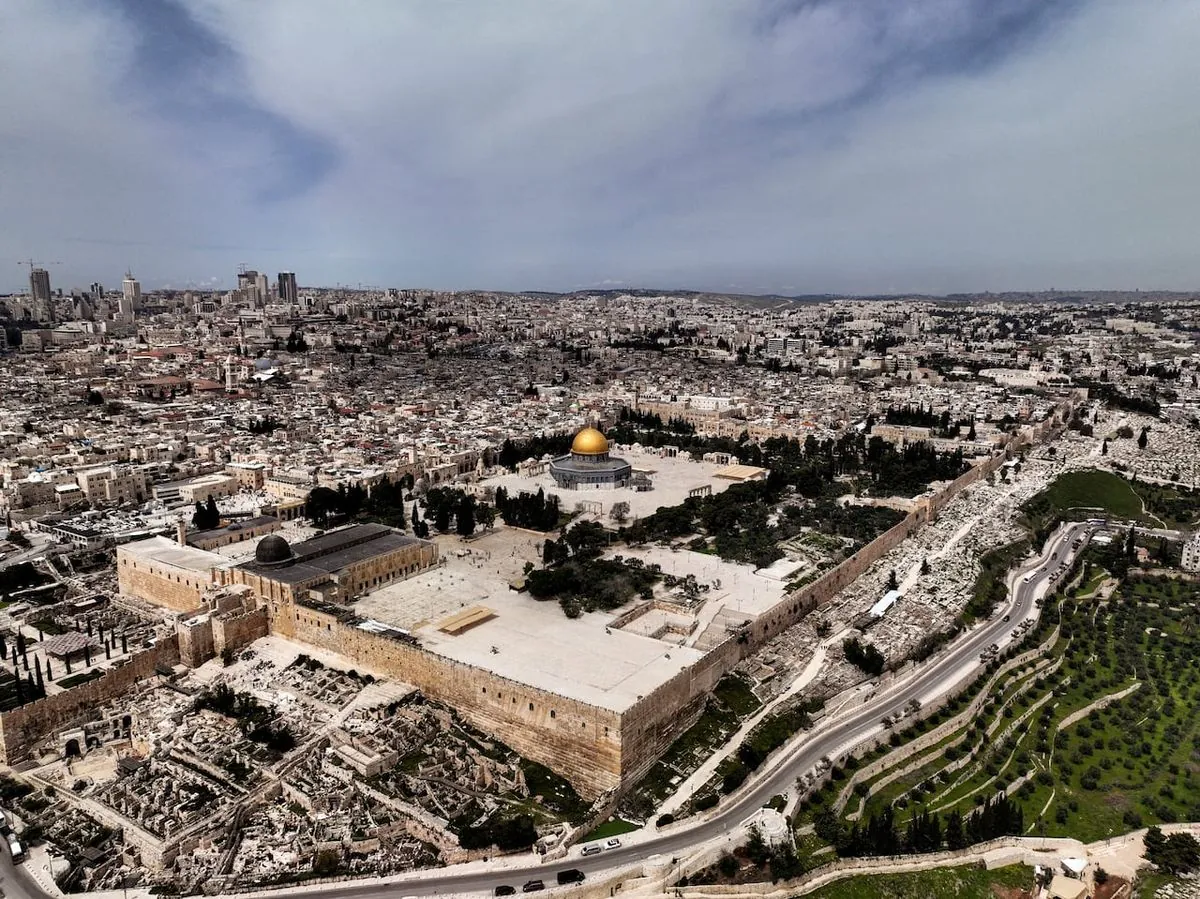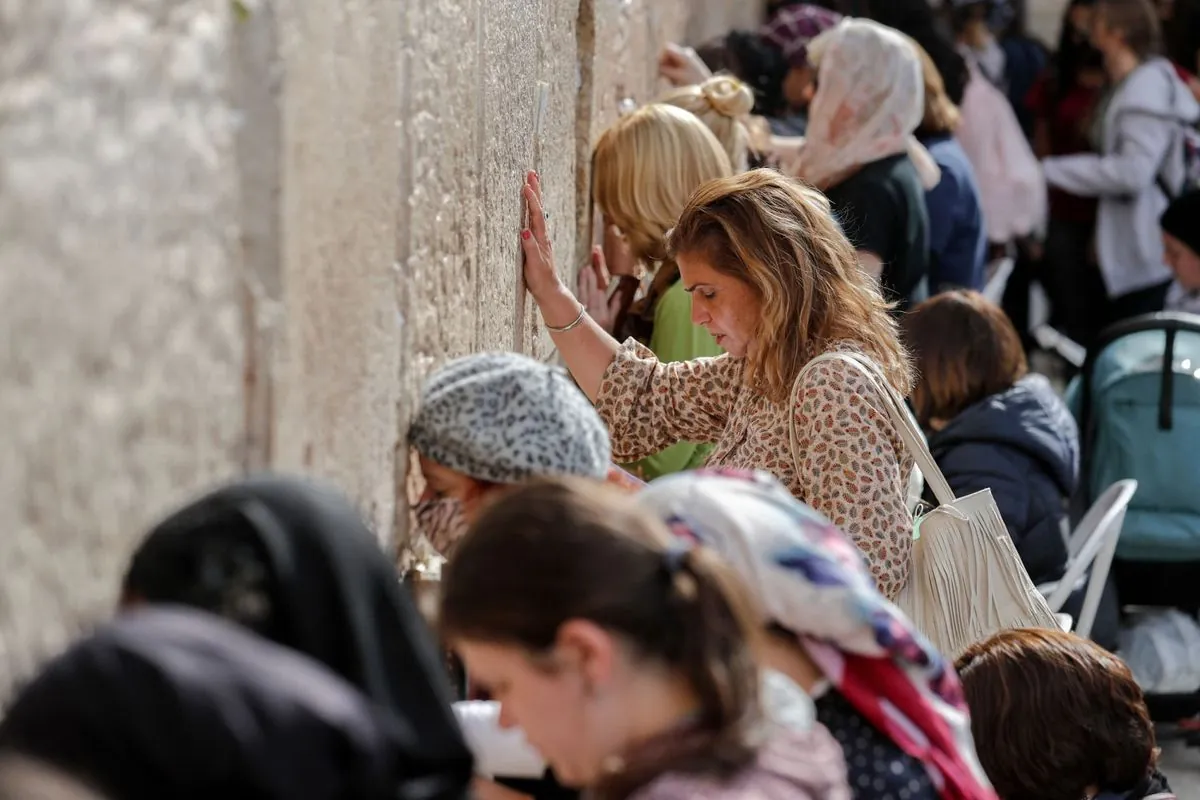Israeli Minister's Al-Aqsa Prayer Call Sparks Controversy
Israeli Security Minister Ben-Gvir's call for Jewish prayer at Al-Aqsa mosque draws criticism. Netanyahu's office reaffirms status quo amid ceasefire talks and regional tensions.

In a controversial move, Itamar Ben-Gvir, Israel's Security Minister, has reiterated his call for Jewish prayer at the Al-Aqsa mosque compound in Jerusalem. This statement, made on August 19, 2024, has ignited criticism and raised concerns about escalating tensions in the region.
The Al-Aqsa mosque compound, known to Jews as the Temple Mount, is a site of immense religious significance. It is the holiest site in Judaism and the third-holiest in Islam. The complex, measuring approximately 35 acres, has been a flashpoint for Israeli-Palestinian conflicts for decades.
In response to Ben-Gvir's comments, Benjamin Netanyahu's office swiftly reaffirmed Israel's official position, stating, "There is no change to the status quo on the Temple Mount." This status quo, established after the Six-Day War in 1967, allows non-Muslims to visit the site but prohibits them from praying there.
Ben-Gvir's statement has drawn sharp criticism from within the Israeli government. Yoav Gallant, the Defence Minister, condemned the remarks, describing them as "dangerous, unnecessary and irresponsible." He further stated that such actions "endanger the state of Israel and its international status."

The controversy comes at a particularly sensitive time, as negotiators are working to reach a ceasefire agreement in Gaza and secure the release of 109 Israeli and foreign hostages. Additionally, tensions with Hezbollah in southern Lebanon remain high.
Ben-Gvir, known for his inflammatory rhetoric, leads one of two hardline religious-nationalist parties in Netanyahu's coalition. Despite the criticism, his political position makes it unlikely that he will face significant consequences for his statements.
This incident follows a visit by Ben-Gvir to the Temple Mount compound on August 5, 2024, accompanied by hundreds of supporters. Many appeared to be praying openly, defying the established rules.
The Temple Mount's history is rich and complex. The First Temple, built by King Solomon around 957 BCE, and the Second Temple, destroyed by the Romans in 70 CE, once stood on this site. Today, the Western Wall, a remnant of the Second Temple's retaining wall, is a sacred prayer site for Jews.
The Al-Aqsa mosque, built in the 8th century CE, and the Dome of the Rock, constructed in 691 CE, are significant Islamic structures on the compound. Muslims believe it to be the site where Prophet Muhammad ascended to heaven.
The site's sensitivity is underscored by historical events. In 2000, a visit by Ariel Sharon to the Temple Mount sparked the Second Intifada, highlighting the potential for violence stemming from disputes over this sacred space.
As tensions continue to simmer, the international community watches closely. The United Nations Security Council has repeatedly declared Israeli settlement activity in East Jerusalem illegal under international law, adding another layer of complexity to the situation.


































